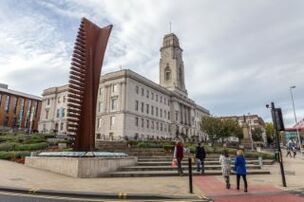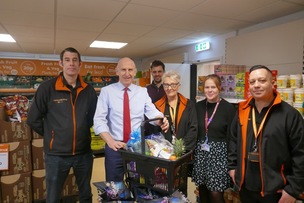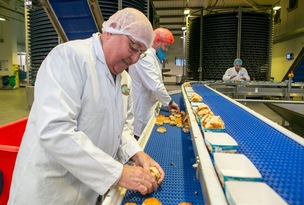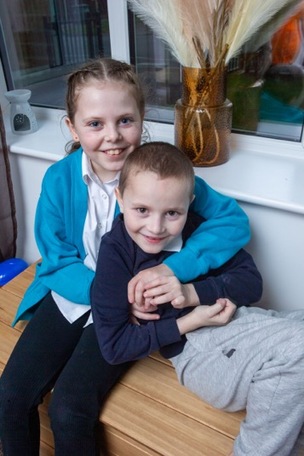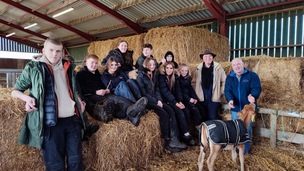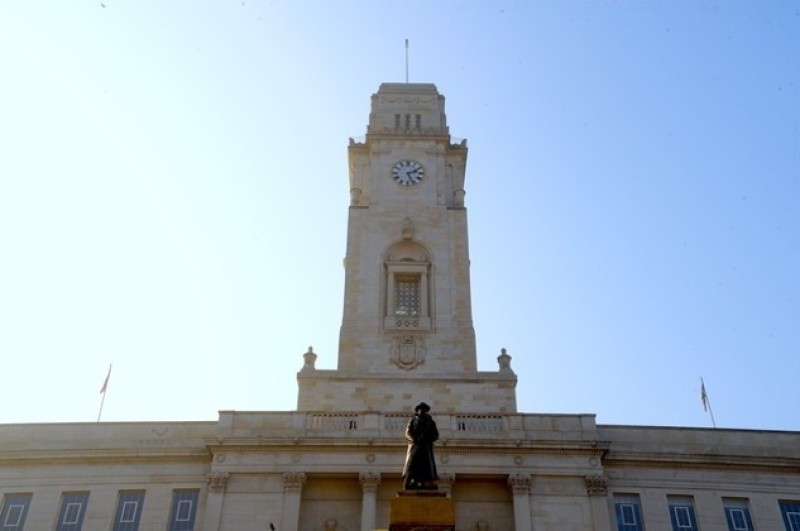PROTECTING the welfare of young people in Barnsley now swallows 15 per cent of the council’s entire budget, it has emerged, with £23.6m allocated to the work last year proving to be too little to meet the actual cost.
By the end of the financial year, the council had spent £24.2m on its children’s care and safeguarding work, with the cost of placements for ‘looked after children’, or those in care accounting for much of the overspend.
That has seen the council push its budget for the care and safeguarding of children to £25m for the current year, a leap of £1.4m on what it had anticipated spending in the last 12 months.
Those figures do not include more than £10m which goes on a range of early help and public health costs for those aged from birth to 19, with spending on children’s social care protected against the austerity cuts which have affected many council services in recent years.
Since 2014, spending in that area has risen by 30 per cent as the council has seen demand increase, with £600,000 set aside most recently to pay for 14 new social workers to help meet demands of an increasing caseload.
An indication of the pressure the council now faces is in the number of active ‘early help’ cases involving young people’s welfare, which stood at 2,183 at the end of the 2014/15 year but had more than doubled by 4,409 in April this year.
Details of the situation will be put to councillors on a scrutiny board who will examine the authority’s performance and question key council officials when they meet next week.
Part of the pressure can be explained by a growing population, which school census details show is becoming increasingly diverse.
Statistics from 2015 rank Barnsley as the 39th most deprived local authority in England and almost 14 per cent of children grow up in households where no adults work, with 21 per cent in ‘low income’ households.
A new system of offering ‘early help’ was introduced two years ago and is also seen as reason for the sharp rise in cases.
Numbers of children in care have also been rising in the last five years, reaching 314 in February, the national average for the population size.
Barnsley Council’s work in the field was last inspected by Ofsted in 2014 and ranked as ‘requires improvement’, an improvement on its previous status of ‘inadequate’.
An ‘improvement notice’ was lifted in late 2014 and performance has continued to improve since then and a report to councillors states the Department for Education has concluded there had been ‘no let up in pace’ and the authority still had ‘our foot on the pedal’.
“The priorities set out in 2015 have all been achieved and we continue to develop the quality of our performance in these areas supported by a programme of continuous improvement and evaluation.
“Our overall aspiration is to deliver services that are as a minimum good and continuously improving; to maintain momentum; to build on our achievements and deliver our aspirations,” the report states.

